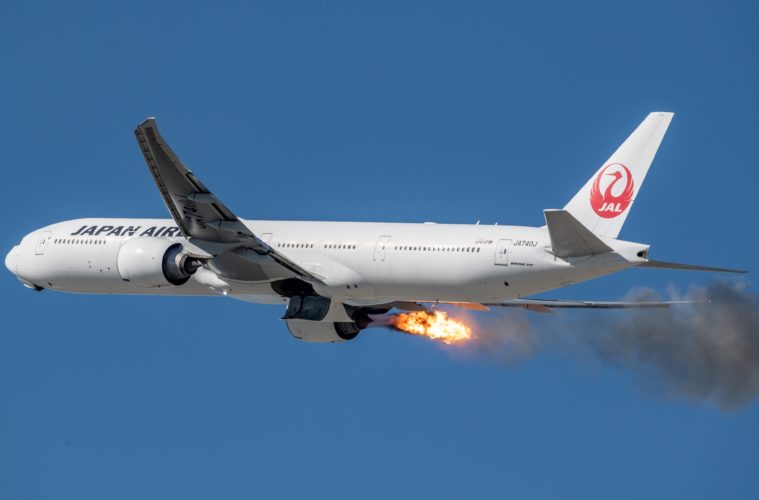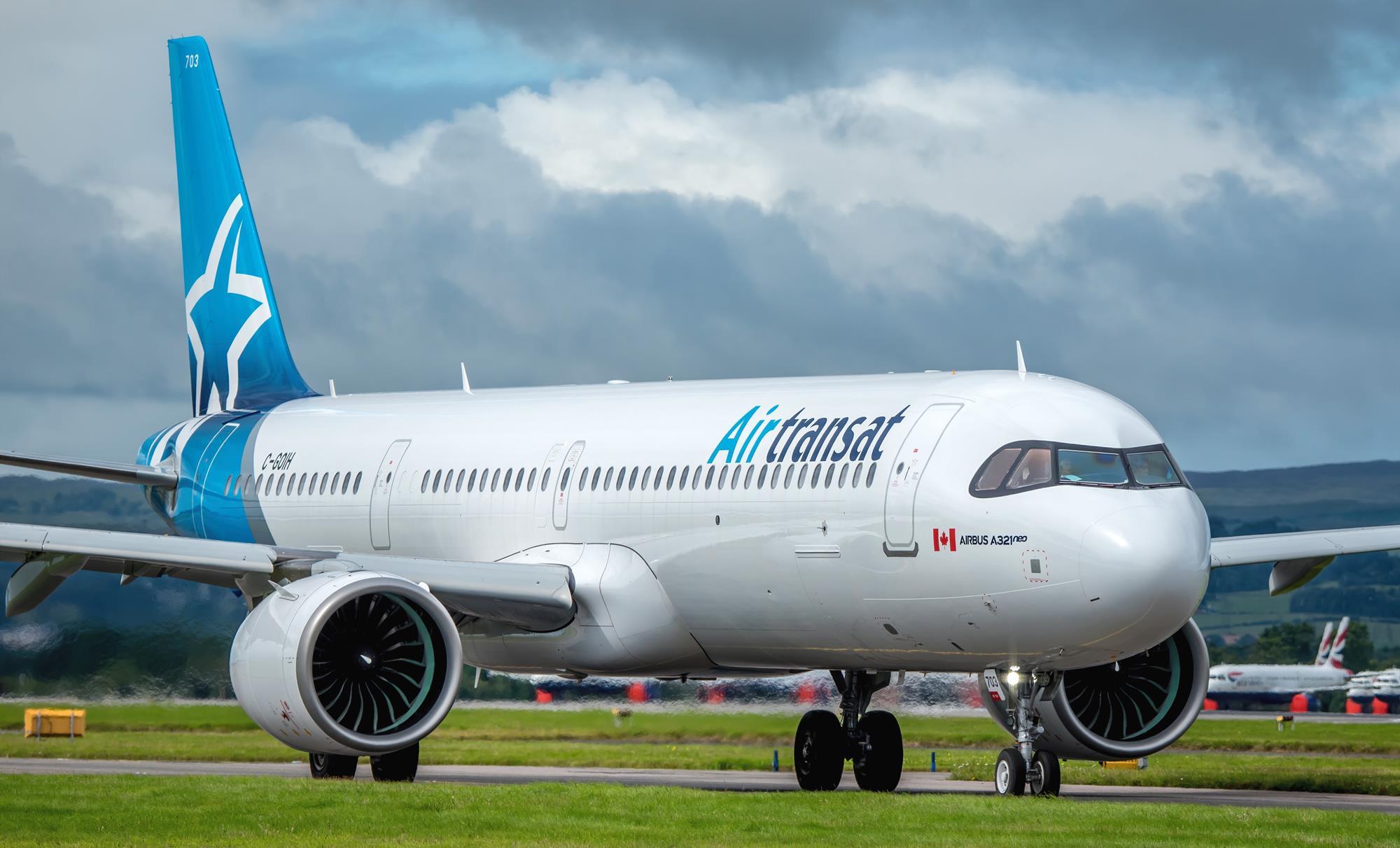
As Japan Airlines navigates the dynamic landscape of the aviation industry, it is implementing a strategic plan to address potential delays in the delivery of Airbus A350 aircraft. This tactical maneuver involves leveraging its existing fleet of Boeing 777 jets.
Potential A350 Delays
Japan Airlines, headquartered in Tokyo, has long been a crucial player in the global aviation market. Its plan to integrate the Airbus A350, renowned for its fuel efficiency and advanced technology, is significant for the airline’s modernization strategy. However, recent industry insights suggest potential delays in the delivery of these aircraft, prompting the company to prepare contingency measures. Delays in delivery are not uncommon in the aviation industry due to production complexities and supply chain disruptions.
Leveraging the B777 Fleet
To ensure continuity in its operations and maintain service quality, Japan Airlines plans to rely more heavily on its existing fleet of Boeing 777 aircraft. Although the B777 models are not as recent as the A350, they are dependable workhorses of the airline’s fleet. The Boeing 777 is widely recognized for its reliability, range, and passenger capacity.
Benefits of Utilizing the Boeing 777
- The B777 offers a large seating capacity, which is ideal for high-demand routes.
- Its engineering and design have proven reliable, having served the airline industry faithfully for decades.
- Maintenance teams are already experienced with B777, ensuring efficient service and minimal downtime.
Japan Airlines has built its reputation on exceptional service and operational efficiency. Embracing a flexible strategy underlines the airline’s commitment to customer satisfaction and market adaptability. While integrating the A350 remains a part of its future vision, patience is key, and the airline is focused on making informed decisions in the interim. The strategic utilization of the B777 during temporary setbacks demonstrates the airline’s adaptability and foresight.
Implications for the Aviation Sector
Japan Airlines’ adaptive strategy illustrates a broader trend within the aviation industry’s continuous challenge to balance fleet modernization with operational reliability. As airlines become increasingly vulnerable to changes in production timelines, a flexible approach becomes ever more critical.
Japan Airlines’ readiness to deploy its Boeing 777 fleet showcases its ability to mitigate potential disruptions effectively. This strategic foresight ensures that the airline remains competitive and that its passengers continue to receive seamless and reliable service. By staying resilient and prepared, Japan Airlines sets an example for other industry players grappling with similar challenges.
Scudrunners.com



